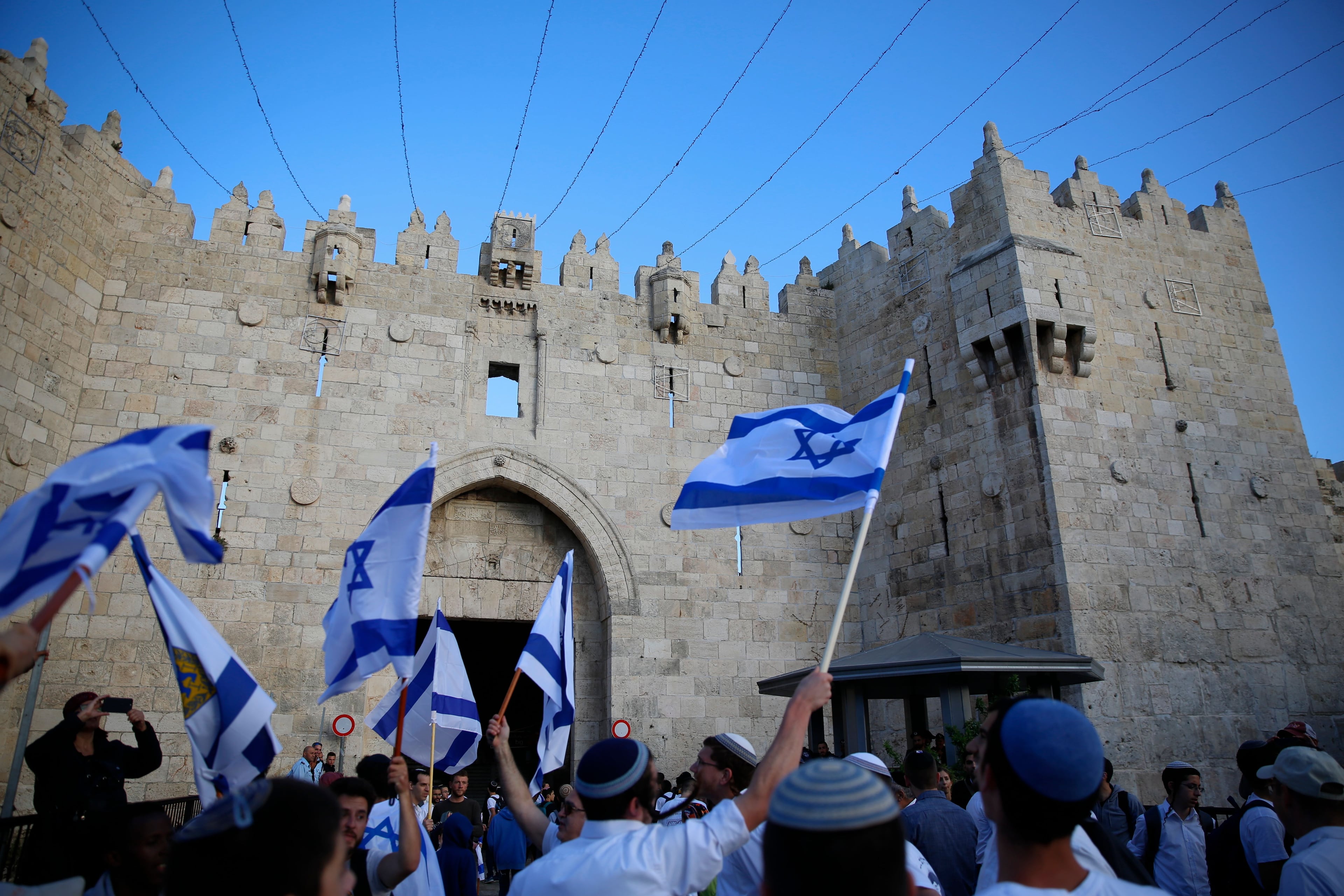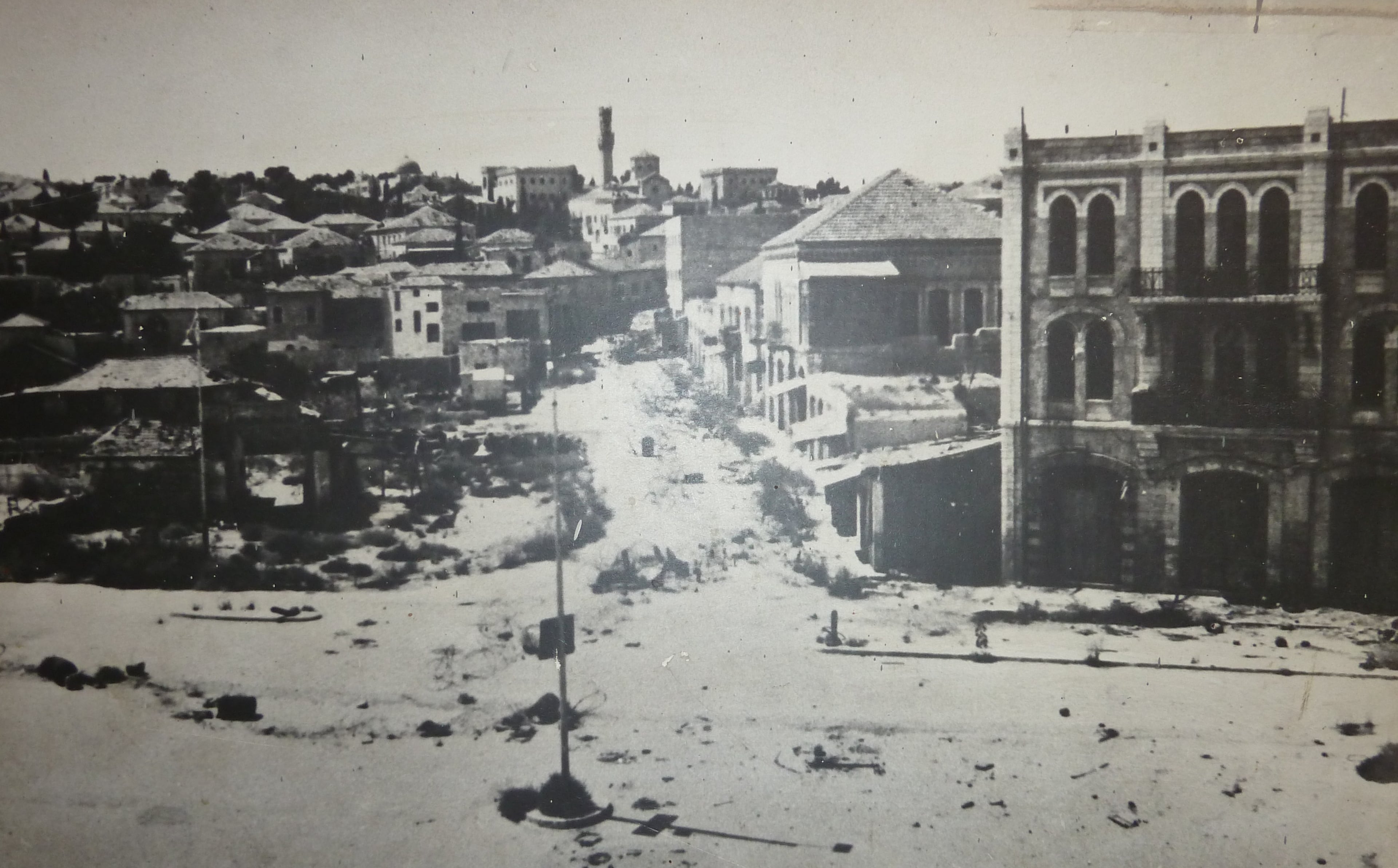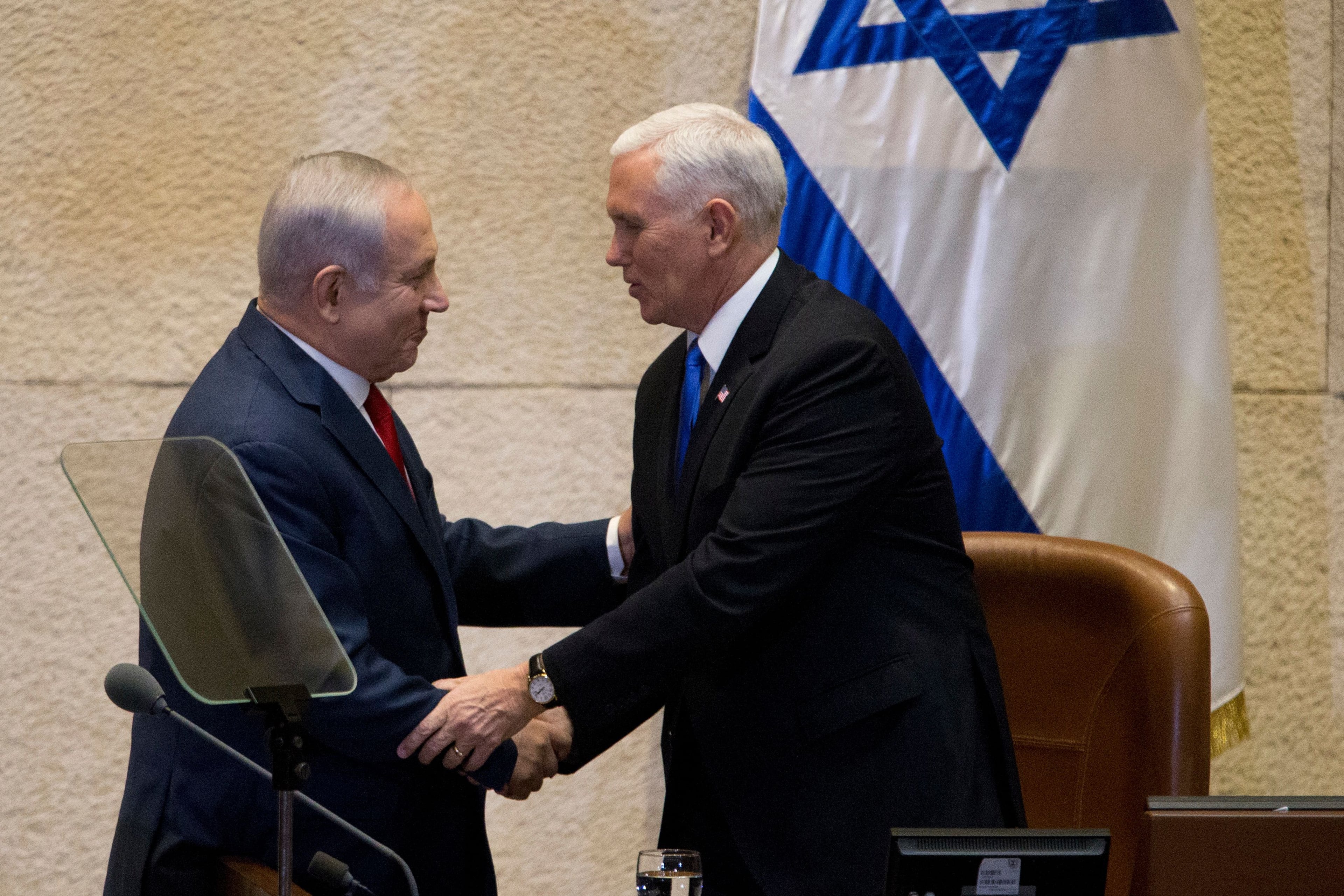Jerusalem reaches 70 years as Israel’s capital
On Jan. 23, 1950, Israel’s legislature declared Jerusalem the capital of the State of Israel.
The movement passed a year and a half after the State of Israel was founded. The nation was created as “a home for the Jewish people” in Palestine, according to The Balfour Declaration made by Britain during World War I. The declaration also ensured civil and religious rights to non-Jewish residents.

The history of Jerusalem is closely tied to Israel as a whole. Jerusalem’s history dates back to ancient times, when it served as the capital for the Jewish people in biblical times. 1 Kings 2:11 tells of King David establishing his reign in the city in about 1000 B.C.E.
Jerusalem has seen various religious and political powers since its ancient beginnings but remained a capital only under Jewish rule, according to the Israel Ministry of Foreign Affairs.
Under Roman and Byzantine rule, Caesarea was the capital of the region. Under Arab Muslim rule, the capital cities were Damascus, Baghdad and Cairo. The Ottomans ruled until 1917 and governed Jerusalem from Constantinople.
When Israel established Jerusalem as the current capital in 1950, the Arab-Israeli War had already fractured the city. A concrete wall and barbed wire split the city between western Jerusalem, owned by Israel, and an eastern section, annexed by Jordan.

Today, Jerusalem still houses Israel's Parliament building, and Israel remains the national home for Jewish people. A BBC News report on Israel's history states that today Israel is "powerful but it is not at peace."
"It is a democratic society with a high standard of living comparable to that in Western Europe, a vigorous free press and excellent educational and health facilities…But all its borders have not been fixed and, above all, it has not reached a settlement with the Palestinians." — BBC News

Jerusalem’s standing as the capital of Israel is still contested, even as the 70th anniversary of the legislature’s decision passes.
Palestine, an ethnonational group consisting of mainly Arab Christians and Muslims, considers Eastern Jerusalem its capital. Israel lays claim to all of Jerusalem. This conflict continues historical patterns of a city caught in the tug-of-war between political entities.
In December 2017, President Donald Trump formally recognized Jerusalem as the capital of Israel. His controversial decision was condemned by the United Nations in a vote a few days later. One hundred twenty-eight countries voted against Jerusalem as a capital, and only eight nations voted with the United States.
Many diplomats feared that Trump's move would perpetuate violence in the contested capital, according to The New York Times.
"We believe that any action that would undermine these efforts must absolutely be avoided. A way must be found through negotiations to resolve the status of Jerusalem as a future capital of both states."— Federica Mogherini, European Union diplomat
When Trump took office in 2017, the U.S. Embassy in Israel was in Tel Aviv, but it relocated to Jerusalem in 2018.
»MORE: Why is Trump recognizing Jerusalem as the capital of Israel?

This year, the capital’s anniversary coincides with the Fifth World Holocaust forum in downtown Jerusalem. The event marks the 75th anniversary of the liberation of Auschwitz.
The event is titled “Remembering the Holocaust: Fighting Antisemitism” and is being held at Yad Vashem, The World Holocaust Remembrance Center. Vice President Mike Pence is attending along with heads of state from Europe, Canada, South America and Australia.
»RELATED: World leaders rally in Jerusalem against anti-Semitism
More Stories
The Latest
